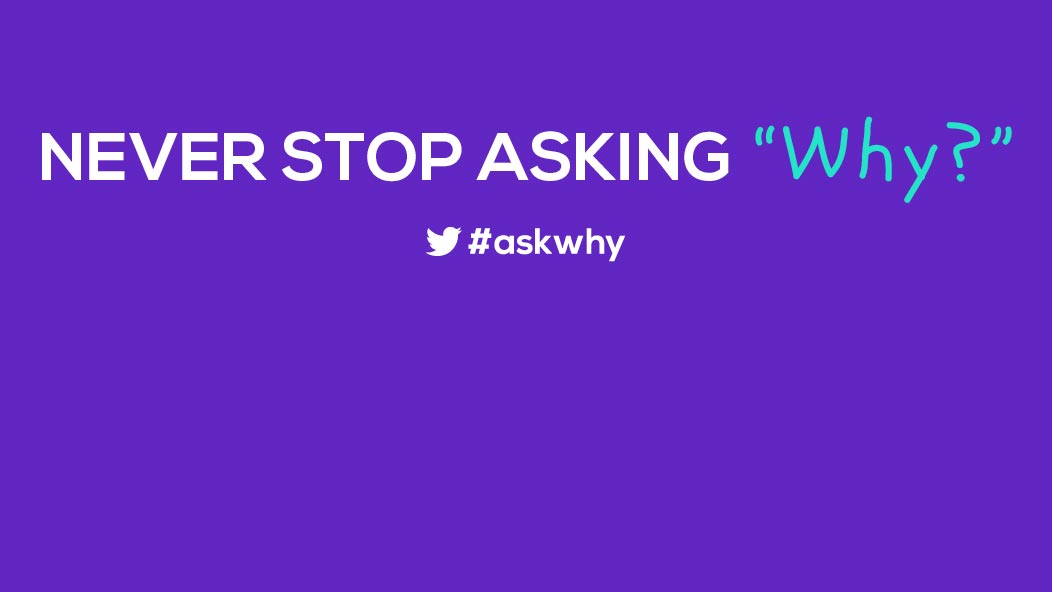
As summer comes to an end and our children head back to school, apples seem to be everywhere. Has your child ever asked you, “Should I take an apple to my teacher?” or “Why do teachers like apples?” We've compiled the most comprehensive answer for you, courtesy of Gourmet, Smithsonian Magazine, and PBS.
While the true origin of this small red gift is somewhat of a mystery, the apple is a powerful symbol of knowledge and education. From Greek mythology’s references of a divine fruit to the story of Adam and Eve and the lesson of right and wrong, we do know the apple’s symbolism got an early start in human history.
The gifting of the fruit is often associated with hardships throughout world history. According to Gourmet, in the 1700s, poor families in Denmark and Sweden gave teachers baskets of apples as payment for their children’s educations.
In the United States, early American children gave teachers apples because the “families whose children attended schools were often responsible for housing and feeding frontier teachers,” according to a PBS special, titled “Frontier House, Frontier Life,” and noted in Smithsonian Magazine. It is also said that farmers' kids gave struggling teachers apples during the onset of the Great Depression.
Unfortunately, the kind gesture of helping a teacher through difficult times with a basket of apples began to disappear as the phrase “apple-polisher” became a common negative term. Bing Crosby sang it best in 1939: “An apple for the teacher will always do the trick when you don’t know your lesson in arithmetic.”
If your school allows it, giving a teacher an apple is still a kind way to show a teacher your appreciation!









